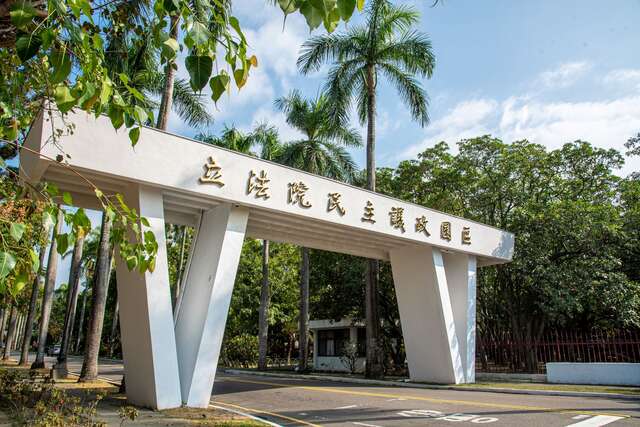Legislative Yuan Democracy Park Introduction
無

無
Address:No. 734, Zhongzheng Rd, Wufeng District, Taichung City 413, Taiwan
無
Legislative Yuan Democracy Park Travel Information
Address:No. 734, Zhongzheng Rd, Wufeng District, Taichung City 413, Taiwan
Transportation Methods:Taichung Bus 100, 107, Unity Bus 50, 59, and the bus from Taichung to Nantou via Wufeng stop at the Provincial Council Station.
Parking Information:There is a parking lot inside.
Other Nearby Attractions: Legislative Yuan Democracy and Governance Park, Legislators' Hostel (Yilu Hostel) 、 Azalea and Cherry Blossom Trail 、 National Taiwan Music Cultural Park 、 Zhongxin Long Mountain Trail 、 Wufeng Shuren Business District 、 Wufeng Lin Family Garden Lin Hsien-tang Museum Area 、 Wufeng Lin Family Mansion and Garden 、 Wufeng Lin Family Garden 、 Original Flow Innovation Park 、 National Museum of Natural Science 921 Earthquake Educational Park
Nearby Cuisine: Yi Lu Hall 、 Cat Boss Coffee 、 Annie's Kitchen 、 Beizawa Sukiyaki - Dali Branch 、 Shutai Old Japanese Set Meal - Taichung Dali Store 、 Tang Tai Zhong Nourishing Stewed Soup and Sweet Soup Taichung Dali Store 、 Floral Millennium Seafood Banquet Hall 、 Bawan Li Baijian Old Shop 、 Shutai Lao Japanese Set Meal - Taichung Fuxing Aimai Store 、 Fresh Friend Hot Pot